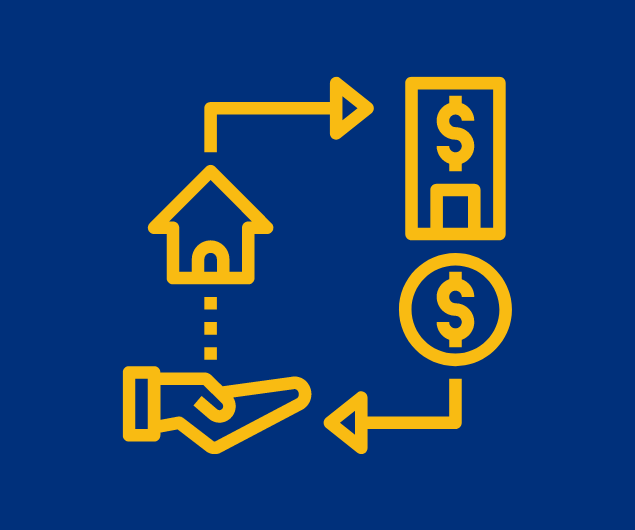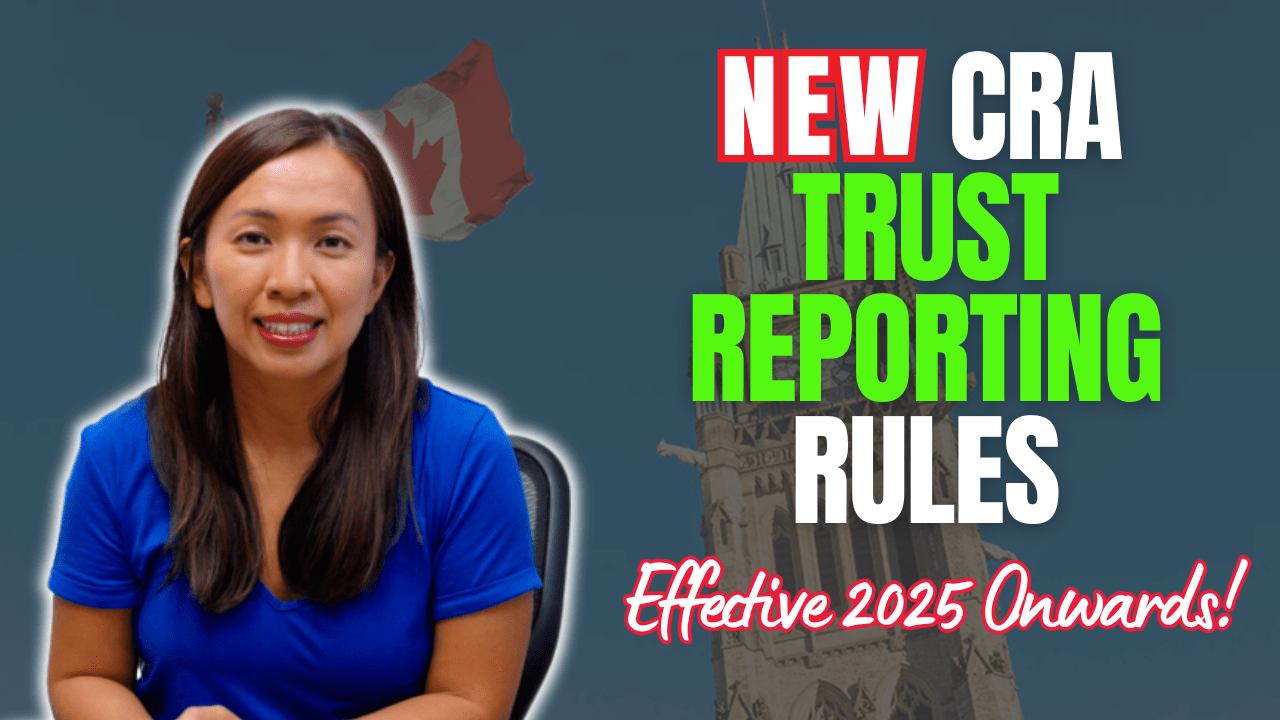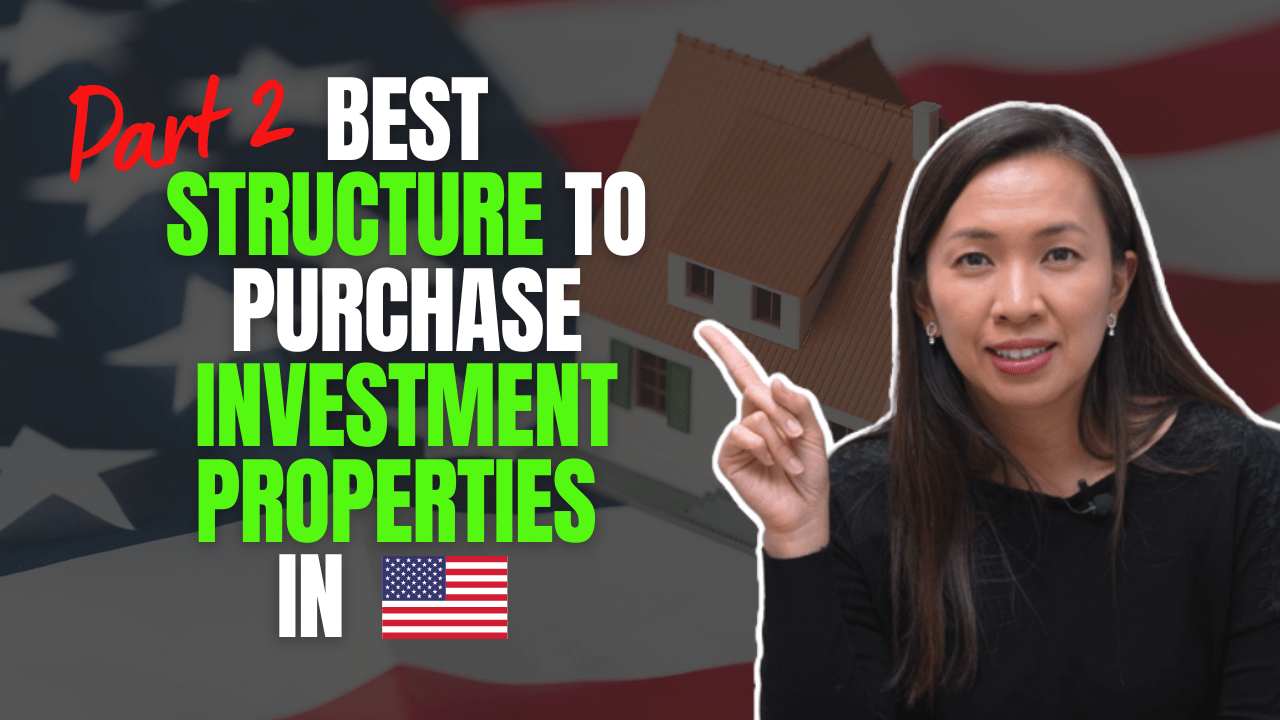Over the years many real estate investors have questioned: What are the tax implications when I am refinancing a rental property? Let’s begin with looking at how refinancing works.
Say you purchased a property 2 years ago for $500,000. Since then, the market has been doing really well and your property value shot up to $800,000.
Assuming you qualify for financing, refinancing the property to 80% loan to value can give you an additional $240K for your next investment. Sweet! Isn’t refinancing the real power of real estate investment?
Most investors wonder, “are there any tax implications when I refinance my rental property? Would I need to pay CRA a portion of the refinanced money I got out of the property?”
The answer is… it depends…
Refinancing when owning personally
If you own the property personally, there is no immediate tax implication when you refinance the property.
However, you need to pay attention to how you use the funds from refinancing.
In Canada, you are only allowed to deduct the interest on money borrowed for investment purposes. Like mortgage interest incurred to earn rental income is deductible.
But, if you use the funds to pay down your principal residence mortgage, the interest related to the refinanced money, i.e. $240K from our example above is not tax deductible.
I generally tell my clients to use those funds to pay off the initial line of credit that they used to finance the purchase of the rental property. Or use it for a down payment on their next investment property. By continuing to use the funds for investment purposes, you can keep the entire mortgage interest expense tax deductible.
Cash flow at sale
After years of appreciation and refinancing, you may have taken a lot more out than what you have put in.
Say, you purchased the rental property for $250,000 a number of years ago with an initial mortgage of $200,000.
You’ve refinanced the property a few times over the years and currently the mortgage has an outstanding balance of $500,000.
And you sold the property for $850K.
Your capital gain is $600K ($850K selling price minus purchase price of $250K).
Assuming you pay the highest marginal tax rate of approximately 50%, the tax liability is around $150K.
If you choose to sell the property , after paying off the bank and the government, you will end up having only $200K ($850K – $500K mortgage – $150K tax) in your pocket.
This may not be as high as you would have expected, as you’ve already pulled out a large sum of funds from the property over the years.
Refinancing inside the corporation
Now if you own this same property inside the corporation, the tax impact can be slightly different.
When you decide to take out the $240K from the property (same as the very first example above), similar to owning the property personally, you can deduct 100% of the interest, provided you use the funds to earn income inside the corporation.
You can use the borrowed funds to invest in stocks, do private lending, earn interest income, or even invest in business ventures inside the same corporation or within a corporation structure. These are all sample investment activities that allow you to deduct the additional interest incurred.
If you choose to refinance the property and take this $240K out of the corporation, you may have a large amount of tax liability, depending on how much the corporation owes you.
It doesn’t matter whether you are taking this $240K out of the corporation for investment or for personal use. The same tax implications can apply.
For example…
let’s say you initially loan $60K to the corporation to purchase this property. And the corporation has one property and owes you just this $60K. The additional $240K that you would like to extract out from the corporation, only $60K of it would be tax free to repay your initial investment. But, if you extract more than $60K, any additional amount is subject to your marginal tax in your personal name.
The additional $180K can be distributed to the shareholders in the form of dividends. Shareholders would report that in their personal tax returns.
On the other hand, if your corporation owes you $300,000, you can extract the entire $240K without triggering any tax implication.
If you are using these additional funds to invest, my recommendation is to invest inside the corporation. No money is directly going into the shareholders’ pockets. No immediate tax impact.
But, when you decide to sell the property inside the corporation, the same tax liability triggers. 50% of the capital gain is taxable, and 50% of the capital gain is non-taxable.
Again, if you were to cash out and take all the money from the corporation for personal use, depending on your situation, dividend income would have to be reported.
More often than not, I recommend my clients refinance the property rather than sell it.. Refinancing, compared to selling, has a lesser tax impact. You may even end up having the same amount of money left in your pocket after paying CRA. And you still get a house in the end!
Below are some popular questions about refinancing your rental properties. Along with the best answers I have without knowing more about specific situations:
Q1) If the first property is refinanced but it is still a principal residence, does it still matter where the money goes?
Interest deductibility depends on the use of funds. If the primary residence is refinanced, and those funds are used for the purpose of investment, then you can deduct the interest incurred on the money borrowed to earn investment income.
Q2) I refinanced my first home (mtg all paid out) and used those funds to buy my second home. I then rented that first home to generate rental income and moved into my second home. Would the interest from the first home be tax deductible?
Interest deductibility depends on the use of funds. If the funds from refinancing the first home were used to purchase the new residential home… then interest related to this amount is not deductible.
Q3) If I refinanced and took out what I already paid on the down payment, isn’t that portion already taxed? Will I not be able to deduct the interest in full on the refinanced property now?
If the money you took out was used for investment purposes, then yes, the interest is deductible. As interest deductibility is based on direct use of funds.
However, there’s no such thing as “repayment of what you originally invest” when the property is purchased in your personal name.
Make sure you consult a professional tax advisor about your individually different situations. Every situation is unique and tax implications of refinancing your rental property may not be the same for everyone.
P.S check out the original version of the blog post here!
Until next time,
Happy Canadian Real Estate Investing.
Cherry Chan, CPA, CA Your Real Estate Accountant






Jason Wai
Thanks, Cherry! Very informative.
With regards to use of proceeds, is there a time limit of how long you’re able to hold onto the refinanced capital for, while having the interest still tax deductible? For instance, if no immediately identified use of proceeds, will the refinanced proceeds be taxable until an investment is identified?
Cherry
In this case, I would put the excess funds in a 0.25% GIC investment. Interest is nothing but at least it is still an investment.